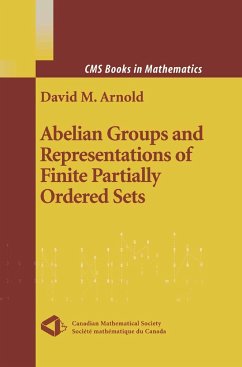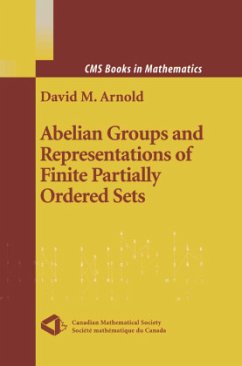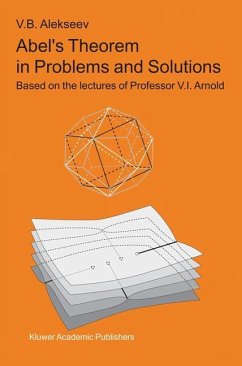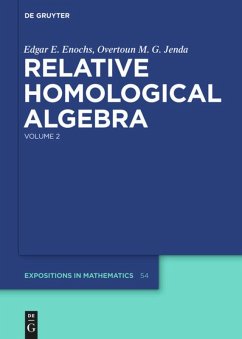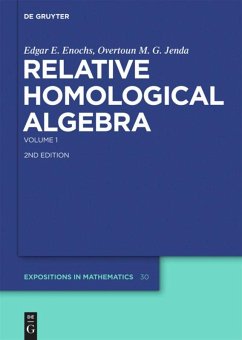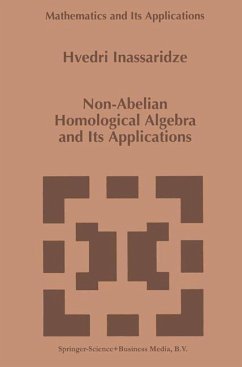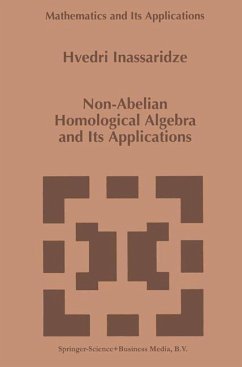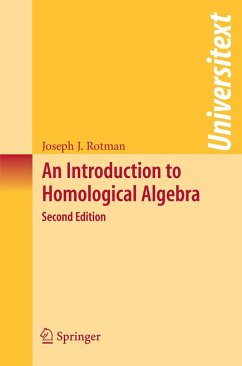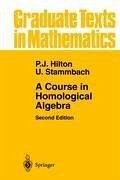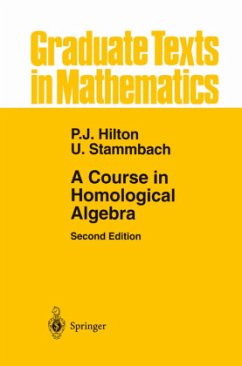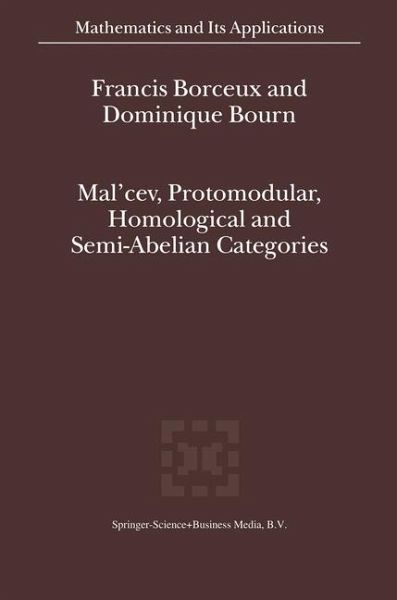
Mal'cev, Protomodular, Homological and Semi-Abelian Categories

PAYBACK Punkte
38 °P sammeln!
The purpose of the book is to take stock of the situation concerning Algebra via Category Theory in the last fifteen years, where the new and synthetic notions of Mal'cev, protomodular, homological and semi-abelian categories emerged. These notions force attention on the fibration of points and allow a unified treatment of the main algebraic: homological lemmas, Noether isomorphisms, commutator theory. The book gives full importance to examples and makes strong connections with Universal Algebra. One of its aims is to allow appreciating how productive the essential categorical constraint is: k...
The purpose of the book is to take stock of the situation concerning Algebra via Category Theory in the last fifteen years, where the new and synthetic notions of Mal'cev, protomodular, homological and semi-abelian categories emerged. These notions force attention on the fibration of points and allow a unified treatment of the main algebraic: homological lemmas, Noether isomorphisms, commutator theory.
The book gives full importance to examples and makes strong connections with Universal Algebra. One of its aims is to allow appreciating how productive the essential categorical constraint is: knowing an object, not from inside via its elements, but from outside via its relations with its environment.
The book is intended to be a powerful tool in the hands of researchers in category theory, homology theory and universal algebra, as well as a textbook for graduate courses on these topics.
The book gives full importance to examples and makes strong connections with Universal Algebra. One of its aims is to allow appreciating how productive the essential categorical constraint is: knowing an object, not from inside via its elements, but from outside via its relations with its environment.
The book is intended to be a powerful tool in the hands of researchers in category theory, homology theory and universal algebra, as well as a textbook for graduate courses on these topics.





